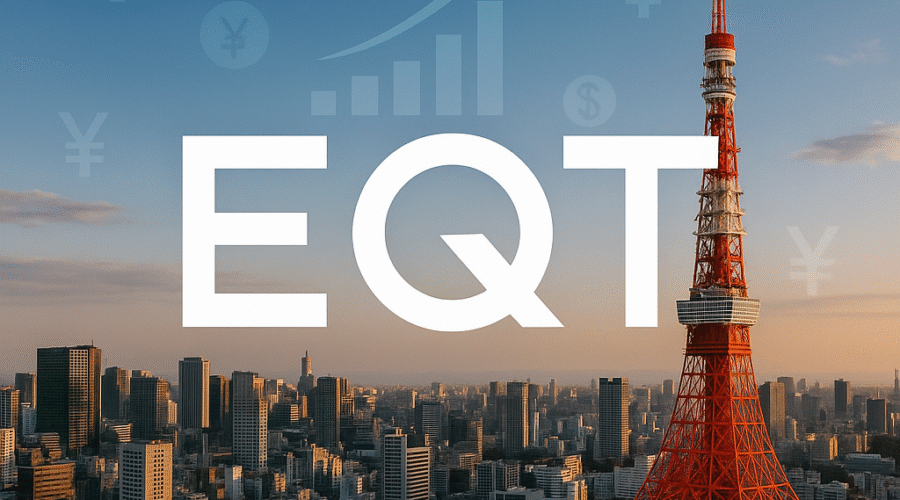Swedish private equity giant EQT is making strategic moves to cement its position in Japan, with aggressive hiring across multiple asset classes and a $10 billion Asia-focused fund poised to capitalize on the country’s corporate transformation. As of May 2025, Japan accounts for 32% of EQT’s Asia-Pacific AUM, with the firm projecting it could become its largest Asian market within five years[31][37][53].
Japan’s PE Market Momentum (2023-2025)

Source: LSEG Data, EQT ThinQ Analysis[9][19][36]
Strategic Hiring and Local Expertise
EQT has tripled its Japan headcount since 2021, with key recent appointments including:
| Name | Role | Previous Position | Focus Area |
|---|---|---|---|
| Michio Matsumoto | Head of Japan Real Estate | KKR’s KJR Management | Logistics, Hospitality, REITs |
| Tetsuro Onitsuka | Senior Partner | Japan Post Investment Corp | Cross-sector Growth Equity |
Source: Mingtiandi, EQT Press Releases[5][10][24][40]
Building Local Partnerships
EQT’s 2021 alliance with Japan Industrial Partners (JIP) has facilitated 14 transactions in healthcare and industrial tech, combining EQT’s global operational playbook with JIP’s domestic network[4][6][12]. The partnership follows a “local-with-locals” model that’s become essential for navigating Japan’s unique business culture[7][25][35].
Flagship Deals and Value Creation
Benesse Holdings Buyout: Blueprint for Success
- Value: $1.4B (2024 management buyout)
- Multiple: 8.7x EBITDA (vs. sector avg 6.2x)
- Synergies: 22% cost reduction through digital learning platforms
“This wasn’t about financial engineering – we’re helping Benesse transition from textbooks to lifelong learning ecosystems.”
– Takanobu Hara, EQT Asia Partner[51]
Market Drivers: Why Japan Now?
Corporate Governance Reforms
Tokyo Stock Exchange’s price-to-book mandate has put 43% of listed companies in restructuring mode[9][16][36]
Succession Crisis
2.5M family businesses lack succession plans, creating $400B+ deal pipeline[2][9][36]
Yield Hunger
GPIF and regional banks increasing PE allocations to combat negative real rates[15][26][42]
Sector Focus and Investment Thesis

High-Conviction Verticals
- Healthcare: Targeting elderly care platforms (6x revenue growth since 2022)
- PropTech: $3B committed to logistics and smart city infrastructure[5][24][40]
- Education 2.0: Reskilling platforms addressing 7.4M worker shortage[44][45][51]
Risks and Challenges
While bullish, EQT faces mounting challenges:
- Valuations at 11.2x EBITDA (vs 8.5x Asia-Pacific avg)[9][23][36]
- Q2 2025 deal flow down 64% after US tariff shocks[31][37][53]
- Competition from domestic players like JIP and global rivals (KKR, Blackstone)
The Road Ahead
With its $10B Asia Fund V, EQT plans to deploy $2.5-3B in Japan through 2027, focusing on carve-outs from conglomerates and public-to-private transitions[31][38][53]. The firm’s success hinges on maintaining discipline – CEO Christian Sinding recently emphasized walking away from overpriced assets in Tokyo’s overheated market[7][25][35].
Industry Impact Assessment
- Likely to spur copycat moves by Apollo and Brookfield
- Could accelerate Japan’s PE penetration rate to 1.2% of GDP by 2030 (vs 0.4% in 2023)
- Potential to unlock $220B in corporate value through operational improvements[9][15][42]

